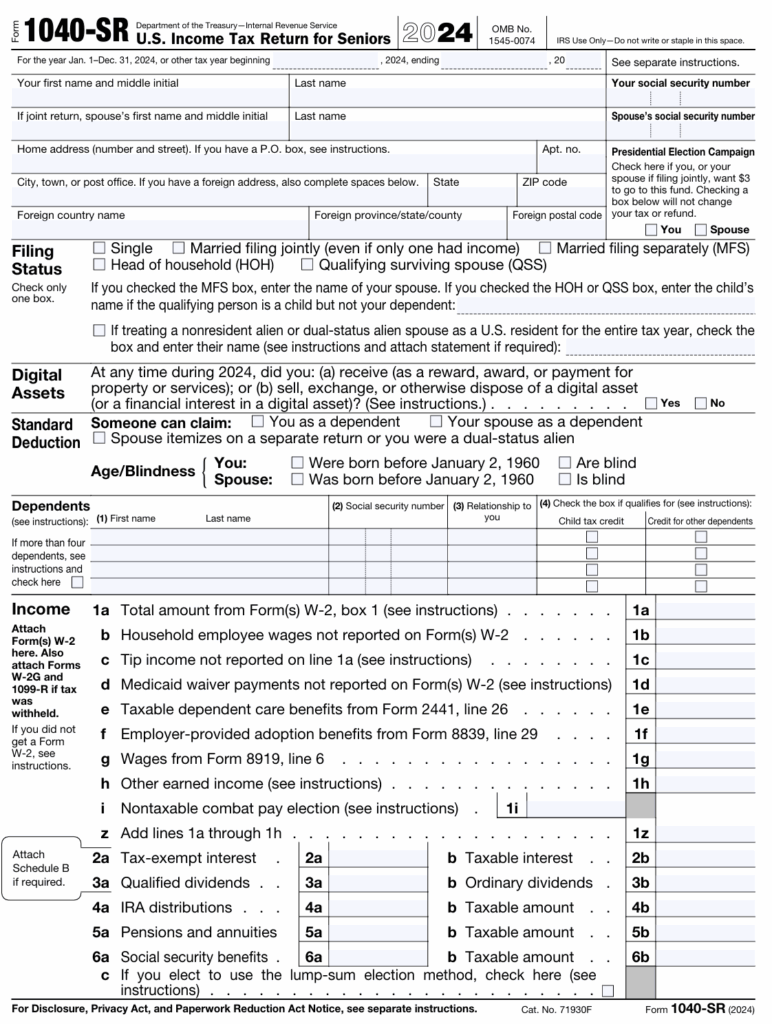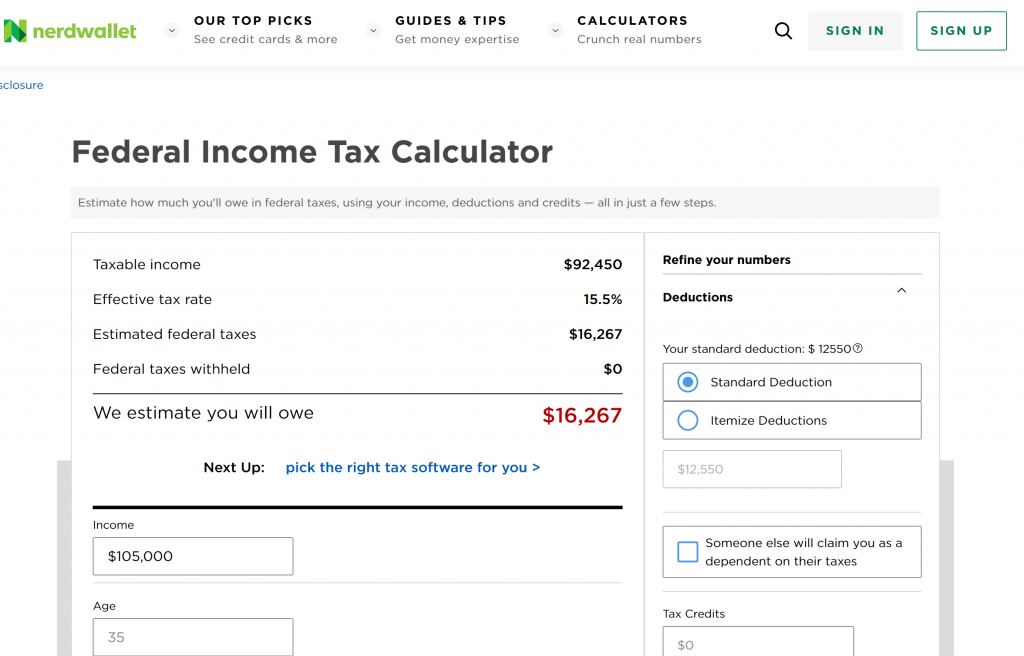Can the FEIE Standard Deduction help you save more? Here’s what to know
Everything about the Foreign Earned Revenue Exclusion: Optimizing Your Criterion Reduction Conveniences
The Foreign Earned Income Exemption (FEIE) provides a valuable possibility for U.S. people living abroad to reduce their tax obligation responsibilities. Understanding the eligibility requirements is essential for those seeking to benefit from this exclusion. Declaring the common reduction can boost overall tax advantages. Handling this process includes cautious interest to information and a recognition of usual mistakes. Checking out these elements can offer clarity and optimize potential tax benefits.
Recognizing the Foreign Earned Revenue Exclusion (FEIE)
The International Earned Revenue Exclusion (FEIE) enables united state residents and resident aliens working abroad to leave out a section of their international incomes from federal income tax obligation. This stipulation works as an economic relief system, allowing migrants to maintain a larger share of their income earned in international nations. By lowering taxed revenue, the FEIE assists minimize the concern of dual taxation, as people may also be subject to tax obligations in their host countries. The exemption applies only to gained revenue, which includes wages, salaries, and specialist costs, while easy earnings and investment gains do not certify. To benefit from the FEIE, people have to submit details forms with the IRS, describing their foreign incomes and residency - FEIE Standard Deduction. Recognizing the subtleties of the FEIE can greatly influence economic planning for U.S. people living overseas, making it vital for migrants to stay notified regarding this useful tax obligation arrangement
Eligibility Standards for the FEIE
To receive the Foreign Earned Income Exemption (FEIE), individuals must fulfill particular eligibility requirements. This consists of enjoyable residency requirements, passing the physical existence examination, and developing a tax home in a foreign country. Each of these aspects plays an essential role in figuring out whether one can take advantage of the exclusion.
Residency Needs
Fulfilling the residency demands is essential for individuals looking for to receive the Foreign Earned Revenue Exclusion (FEIE) To be qualified, taxpayers must establish an authentic residence in a foreign country or countries for a nonstop period that typically extends a whole tax obligation year. This need emphasizes the necessity of a deeper connection to the foreign location, relocating beyond plain physical visibility. People must demonstrate their intent to reside in the foreign nation and have developed their living scenario there. Factors such as the length of remain, kind of housing, and local neighborhood participation are taken into consideration in determining residency. Fulfilling these requirements is vital, as failing to do so may disqualify one from gaining from the FEIE.
Physical Existence Examination
Developing qualification for the Foreign Earned Income Exemption (FEIE) can likewise be achieved with the Physical Presence Examination, which needs individuals to be physically present in a foreign nation for at the very least 330 complete days during a successive 12-month period. This examination is advantageous for those who may not meet the residency requirement but still live abroad. The 330 days should be full days, indicating that any type of day invested in the United States does not count towards this total amount. It is crucial for people to preserve accurate documents of their travel days and locations to sustain their claims. Efficiently passing this examination can substantially minimize gross income and enhance economic outcomes for expatriates.
Tax Obligation Home Place
Tax obligation home area plays a crucial function in identifying qualification for the Foreign Earned Earnings Exemption (FEIE) To qualify, a private must develop a tax home in an international nation, which means their key area of service is outside the United States. This is distinctive from a simple home; the private have to perform their job in the foreign nation while preserving a substantial link to it. The IRS calls for that the taxpayer can demonstrate the intent to continue to be in the foreign location for an extensive period. In addition, maintaining a home in the united state can complicate eligibility, as it may recommend that the person's real tax home is still in the United States. Understanding this standard is critical for maximizing FEIE advantages.
Just how to Claim the FEIE on Your Income Tax Return
Declaring the Foreign Earned Earnings Exemption (FEIE) on a tax obligation return calls for mindful attention to detail and adherence to certain internal revenue service guidelines. Taxpayers should first validate qualification by satisfying either the bona fide home test or the physical visibility examination. Once qualification is confirmed, they need to finish IRS Kind 2555, which details international earned income and pertinent details regarding their tax obligation home.
It is essential to report all foreign earnings precisely and preserve suitable documentation to support claims. Taxpayers should also be aware of the maximum exclusion limitation, which is subject to annual adjustments by the internal revenue service. Filing Kind 2555 together with the annual income tax return enables taxpayers to exclude a section of their foreign incomes from U.S. taxation. It is suggested to consult a tax obligation specialist or Internal revenue service sources for upgraded information and support on the FEIE procedure, assuring conformity and maximization of prospective benefits.

The Standard Reduction: What You Required to Know
Exactly how does the common reduction effect taxpayers' total economic circumstance? The typical reduction works as a substantial tax obligation benefit, lowering taxed revenue and possibly decreasing tax liabilities. For the tax year 2023, the standard deduction is evaluated $13,850 for single filers and $27,700 for couples submitting collectively. This reduction streamlines the declaring procedure, as taxpayers can choose it rather than making a list of reductions, which requires in-depth record-keeping.

Taxpayers earning foreign earnings might still claim the typical reduction, gaining from decreased taxable income even while using the Foreign Earned Revenue Exemption (FEIE) It is important to note that the basic deduction can not be integrated with itemized reductions for the very same tax obligation year - FEIE Standard Deduction. Subsequently, recognizing the basic reduction permits taxpayers to make informed choices concerning their tax strategies, optimizing offered advantages while making certain conformity with IRS regulations
Strategies for Optimizing Your Deductions
Making best use of reductions under the Foreign Earned Earnings Exemption needs a clear understanding of gained income limits and the advantages of declaring real estate exclusions. Additionally, making use of Type 2555 successfully can boost the possibility for significant tax financial savings. These strategies can significantly affect the general tax responsibility for expatriates.
Understand Made Revenue Restrictions
While numerous migrants look for to reduce their tax worry, comprehending the made revenue limits is vital for properly leveraging the Foreign Earned Revenue Exemption. The Irs (INTERNAL REVENUE SERVICE) establishes details thresholds that determine the optimum amount of foreign gained income eligible for exemption. For the tax year 2023, this limit is $120,000 per certified individual. Surpassing this limit might lead to taxes on the revenue above the limit, lessening the advantages of the exemption. To take full advantage of reductions, expatriates must maintain precise records of their foreign earned income and examine these details their qualification for the exclusion yearly. Strategic preparing around these limitations can significantly improve tax savings, allowing migrants to maximize their economic scenario news while living abroad.
Asserting Real Estate Exclusion Advantages
Numerous expatriates neglect the prospective benefits of declaring the Real estate Exemption, which can greatly lower their taxed earnings. This exemption allows individuals living abroad to subtract particular real estate expenses from their gross income, making it less complicated to meet financial responsibilities without incurring significant tax obligation obligations. To maximize this advantage, expatriates must validate they certify based upon their house and work conditions. In addition, recognizing qualified costs-- such as rent, energies, and maintenance-- can boost the general deduction. Maintaining comprehensive documents of these expenses is vital for substantiating cases. By purposefully steering with the Real estate Exemption, expatriates can especially lower their tax problem and retain even more of their incomes while living overseas, ultimately enhancing their economic well-being.
Make Use Of Form 2555 Successfully
Utilizing Type 2555 properly can considerably enhance the monetary benefits available to expatriates, particularly after benefiting from the Housing Exemption. This type permits people to claim the Foreign Earned Revenue Exclusion, which can greatly minimize gross income. To make best use of deductions, migrants need to verify they satisfy the credentials, including the physical presence test or the authentic residence test. It is vital to precisely report all foreign gained revenue and to keep detailed documents of qualification. In addition, utilizing the Housing Exclusion in tandem with Type 2555 can additionally lower overall tax liability. By comprehending the intricacies of these kinds, migrants can maximize their tax obligation scenario and retain more of their hard-earned earnings while living abroad.
Typical Risks to Avoid When Filing Your Tax Obligations Abroad

Often Asked Concerns
Can I Claim Both FEIE and the Foreign Tax Credit Rating?
Yes, an individual can claim both the Foreign Earned Income Exclusion (FEIE) and the Foreign Tax Debt (FTC) However, they should ensure that the very same revenue is not used for both benefits to prevent dual advantages.
What Occurs if I Exceed the FEIE Income Limit?
Exceeding the Foreign Earned Income Exemption (FEIE) earnings limitation leads to the ineligibility for the exclusion on the excess quantity. This can lead to go gross income in the United States, requiring appropriate tax filings.
Are There Any Kind Of State Tax Implications for FEIE?
State tax obligation implications for the Foreign Earned Revenue Exclusion (FEIE) differ by state. Some states may strain foreign revenue while others comply with government exclusions, making it crucial for people to speak with state-specific tax laws for quality.

How Does FEIE Impact My Social Security Perks?
The Foreign Earned Income Exemption (FEIE) does not directly influence Social Safety and security advantages. Nonetheless, income excluded under FEIE might affect the computation of typical indexed regular monthly revenues, possibly influencing future benefits.
Can I Withdraw My FEIE Political Election After Declaring It?
Yes, an individual can revoke their Foreign Earned Revenue Exemption (FEIE) political election after asserting it. This cancellation should be performed in composing and sent to the IRS, sticking to particular standards and target dates.
Understanding the Foreign Earned Earnings Exemption (FEIE)
The Foreign Earned International Exclusion EarningsExemption) allows U.S. citizens and resident aliens working abroad to exclude a portion of their foreign earnings from incomes income governmentRevenue Taxpayers gaining foreign revenue may still declare the basic deduction, benefiting from reduced taxed revenue also while using the Foreign Earned Earnings Exemption (FEIE) Optimizing deductions under the Foreign Earned Earnings Exclusion requires a clear understanding of made earnings limitations and the advantages of asserting housing exemptions. While several migrants seek to lower their tax worry, comprehending the gained revenue limitations is vital for successfully leveraging the Foreign Earned Revenue Exclusion. Surpassing the Foreign Earned Income Exclusion (FEIE) income restriction results in the ineligibility for the exclusion on the excess quantity.